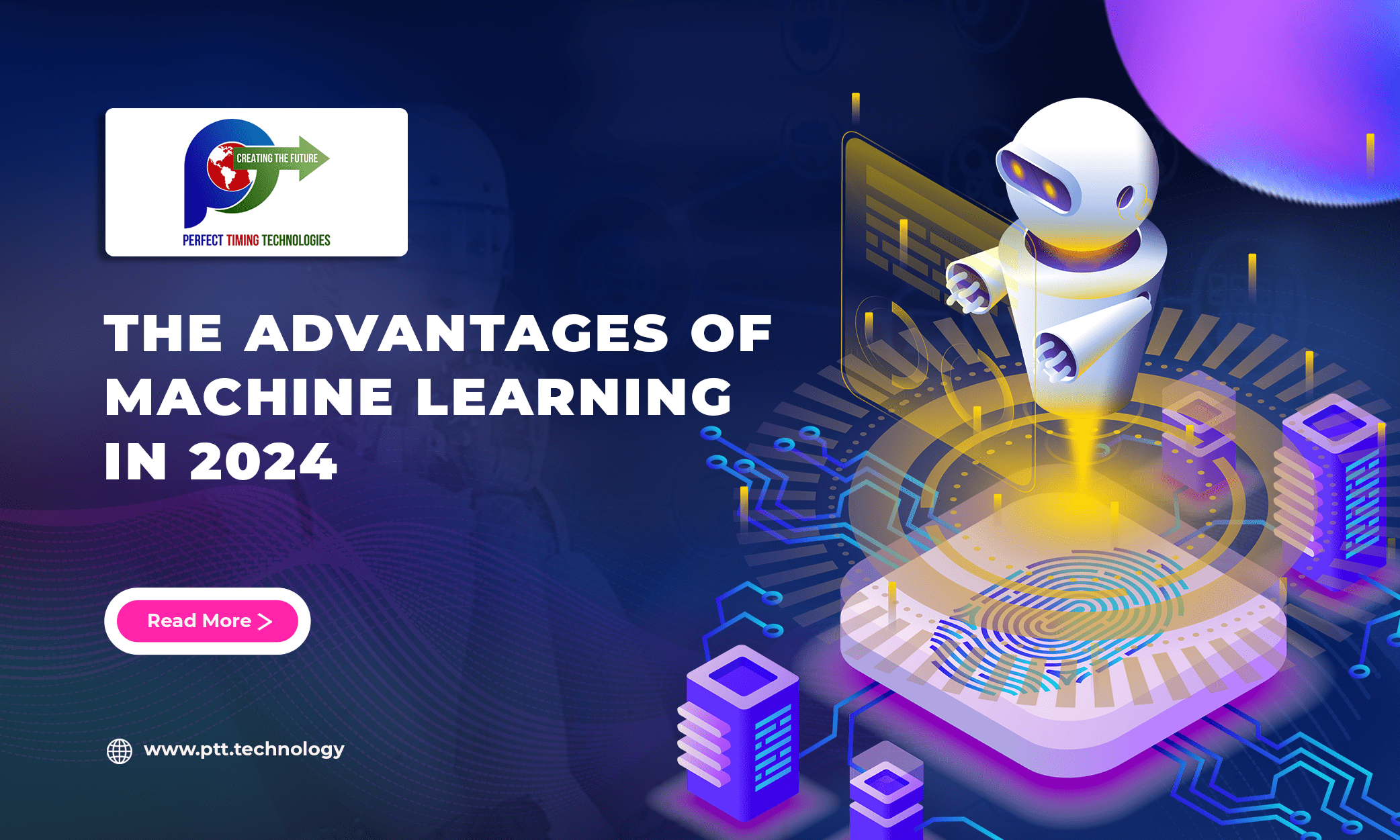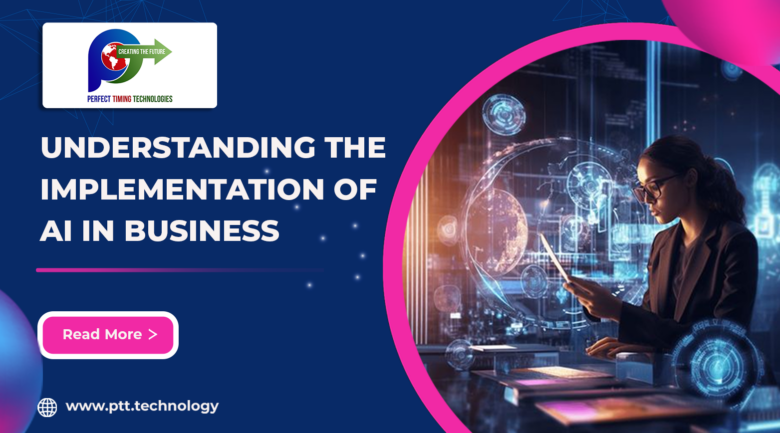
An Overview of Quantum Theory
The concept of quantum computing emerged from merging quantum theory and computer science. It has grown from a theoretical approach to a field that merges physics, computer science, and engineering, holding immense potential for transforming various industries.
Companies like IBM, Microsoft, Google, IonQ, and Rigetti have made progress in developing commercial quantum computers accessible via cloud services. These systems allow researchers and developers to experiment with quantum algorithms and applications.
Quantum computing holds promise for solving complex problems in cryptography, optimization, drug discovery, material science, and more. However, practical, scalable, error-corrected quantum computers are still in development, and many technical challenges need addressing before they become mainstream.
Today, we shall learn the basics of Quantum Computing and its significance for modern businesses.
What is Quantum Computing?
Quantum computing is a type of computing that utilizes the principles of quantum mechanics to perform operations on data. It harnesses the unique properties of quantum bits or qubits to process information differently from classical computers, potentially solving problems significantly faster.
Let us learn the basic principles of quantum computing.
Qubits: These are the fundamental units of quantum information. Unlike classical bits, which can be either 0 or 1, qubits can exist in multiple states simultaneously due to a property called superposition. It enables quantum computers to perform many calculations at once.
Superposition: Qubits can represent 0 and 1 simultaneously until they are measured, allowing quantum computers to explore multiple solutions to a problem simultaneously. This capability is crucial for performing many calculations much faster than classical computers.
Entanglement: Qubits can become entangled, meaning the state of one qubit is correlated with another qubit, regardless of the distance between them. Changes to one qubit instantaneously affect the other, enabling faster communication and more powerful computational capabilities.
Quantum Gates: Similar to classical logic gates, quantum computers use quantum gates to manipulate qubits. These gates perform operations on qubits based on quantum principles, allowing for complex computations.
Applications of Quantum Computing
Quantum computing holds promise for modern businesses across various industries due to its potential to solve complex problems that are infeasible for classical computers. Potential applications of quantum computing include the following.
- Cryptography: Quantum computers could break many cryptographic systems widely used today. They also offer new cryptographic methods, theoretically immune to quantum attacks, such as quantum key distribution (QKD), ensuring secure communication.
- Optimization: Quantum computing can handle highly complex optimization problems efficiently. This capability is valuable in logistics, supply chain management, financial modelling, and resource allocation, where finding the best solution among numerous possibilities is essential.
- Machine Learning and AI: Quantum computing has the potential to enhance machine learning algorithms, enabling faster data analysis and more robust pattern recognition. Quantum machine learning techniques can boost advancements in data analysis and AI applications.
- Financial Modeling: Quantum computing can carry forward complex financial modelling and risk assessment without hassle. It could optimize investment portfolios, simulate market behaviours, and enhance algorithmic trading strategies.
- Weather Forecasting and Climate Modeling: Quantum computers could improve the accuracy and speed of weather forecasting models and climate simulations. It leads to better disaster preparedness and understanding of climate change effects.
- Energy and Resource Optimization: Quantum computing might help optimize energy distribution networks, improve renewable energy systems, and find more efficient ways to utilize resources, contributing to sustainability efforts.
Conclusion
Businesses can start exploring quantum algorithms and applications, collaborating with quantum computing providers, investing in R&D, and preparing for potential quantum-resistant security measures. Integrating quantum computing into business strategies may lead to significant advancements and competitive advantages as the technology matures.
Quantum computing has the potential to revolutionize various fields by solving complex problems that are intractable for classical computers.
Take your business to the next level in 2024 with Quantum Computing.
Talk to our IT professionals to know more.







